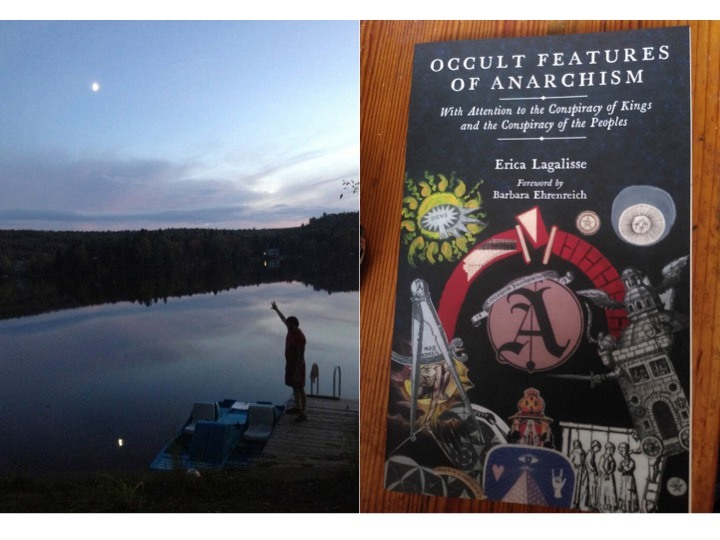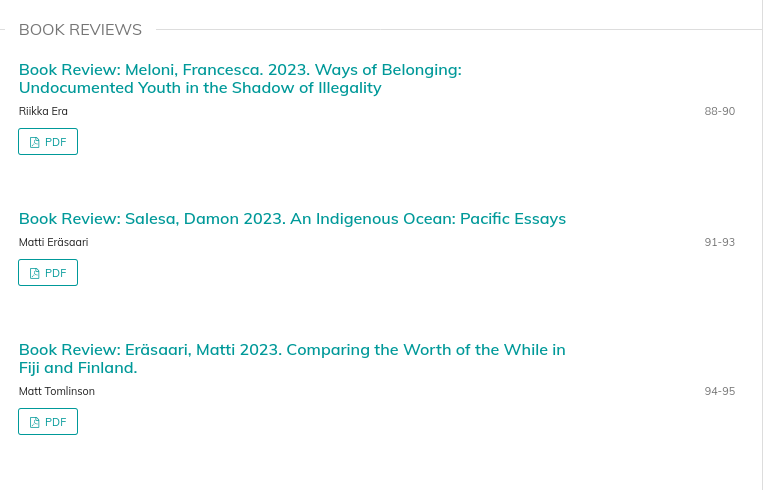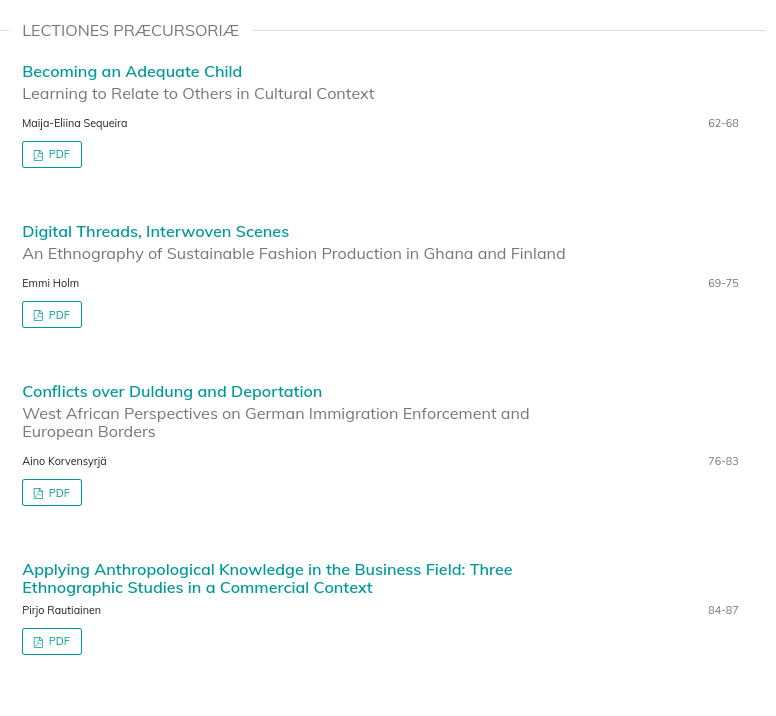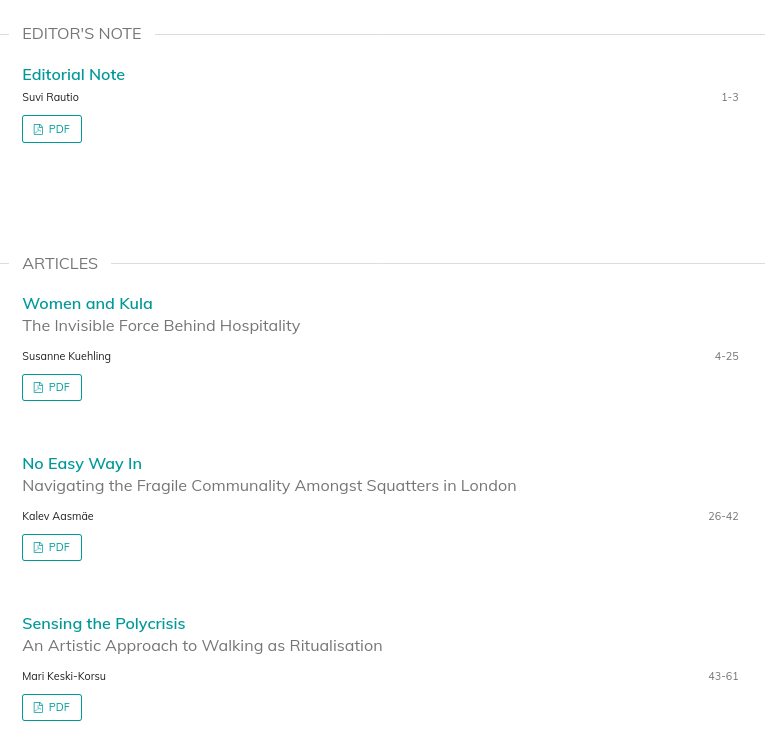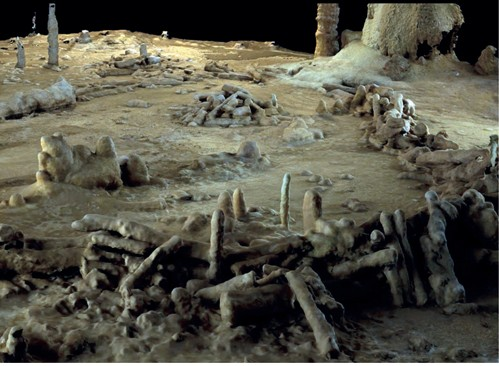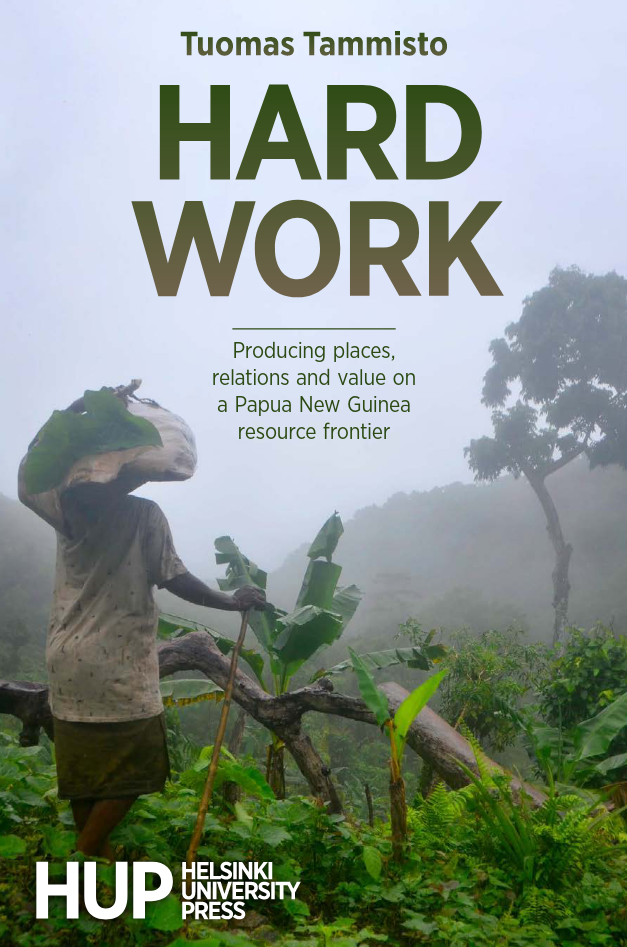Content Warning
https://journal.fi/suomenantropologi/issue/view/12253
This is a special issue titled "Towards More-Than-Human Negotiation" guest-edited by Anna Krzywoszynska and Agnese Bankovska.
@suomenantropologi is an international, community-managed, peer-reviewed and fully #OpenAccess general #anthropology journal without APCs or embargoes.
Articles:
* Paula Palanco Lopez, Anna Krzywoszynska, Agnese Bankovska: Towards More-Than-Human Negotiation
* Caroline Gatt: Ethical Striving with Other-Than-Humans in Contemporary Improvised Music
* Marzia Varutti: (Re-)Learning to Relate to the More-Than-Human
Photo Essays:
* Galina Kallio: On Hesitation
* Barbara Turk Niskač : The Value of Common Bracken Revisited
The Anthropologist's Toolkit Essay Series:
Suvi Rautio, Beili He: Through the Eyes of an Anthropologist
Book reviews:
* Harri Englund: Alava, Henni 2020. Christianity, Politics and the Afterlives of War in Uganda: There is Confusion
* Timothy Anderson: Huttunen, Laura and Gerhild Perls (eds) 2023. An Anthropology of Disappearance: Politics, Intimacies and Alternative Ways of Knowing
* Jay Ke-Schutte: Routray, Sanjeev 2022. The Right to be Counted: The Urban Poor and the Politics of Resettlement in Delhi
Errata:
* Suvi Rautio: Errata 48 (3)




